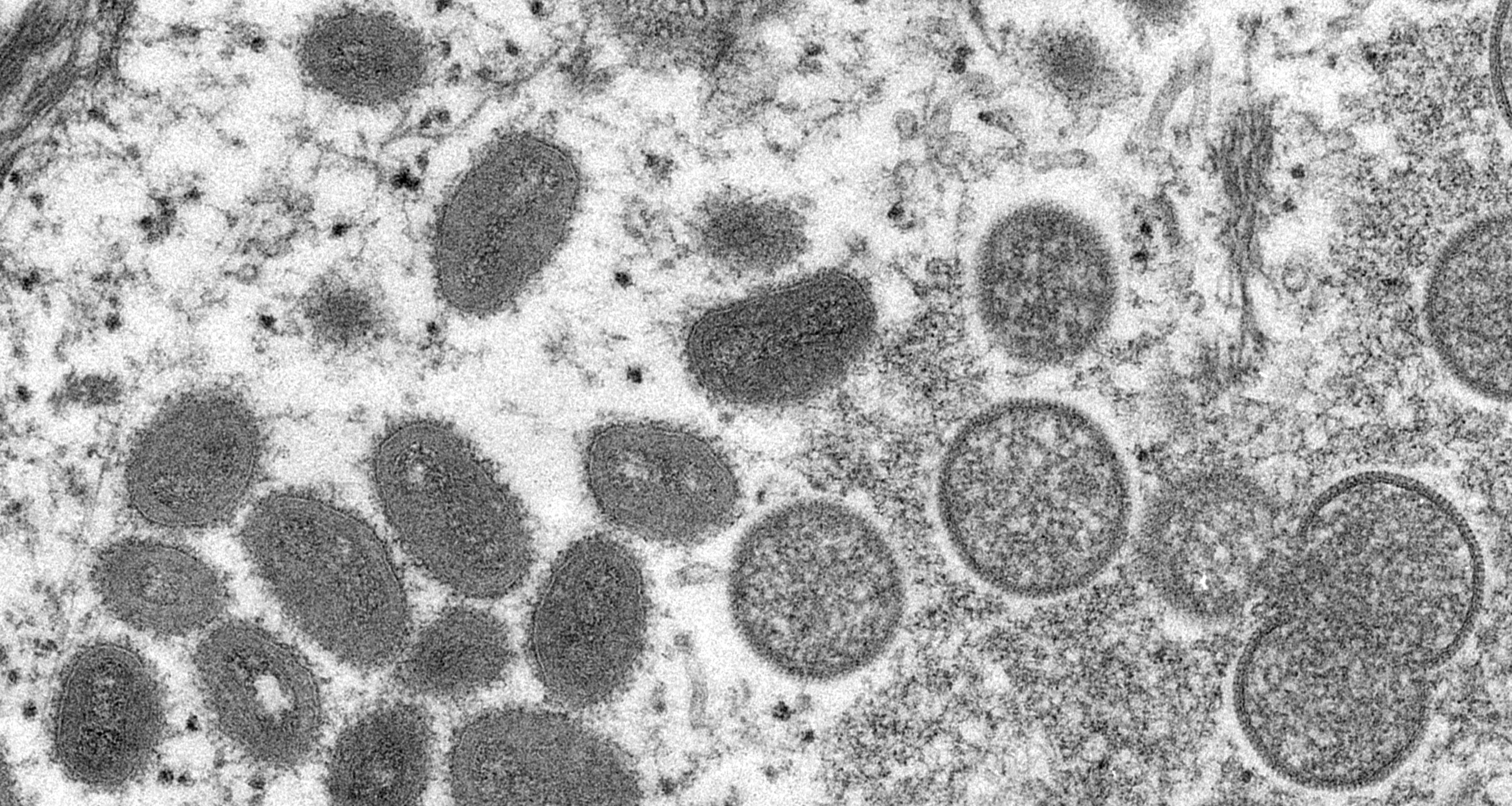Monkeypox: World Health Organisation recommends reducing sexual partners to slow outbreak
WHO chief Tedros Adhanom Ghebreyesus also warned against misinformation.

Words: Alastair James; pictures:
The World Health Organisation (WHO) has recommended that men have sex with men (MSM) to reduce their sexual partners to slow the transmission of monkeypox.
Currently, 99 percent of the confirmed cases of monkeypox are men, and among those cases, 95 percent are MSM. So far, there have been more than 19,000 cases have been reported in more than 75 countries.
WHO chief Tedros Adhanom Ghebreyesus has said people need to make “safe choices for yourself and others,” including “for the moment, reducing your number of sexual partners.”
The #monkeypox outbreak can be stopped if countries, communities and individuals inform themselves, take the risks seriously, and take the steps needed to stop transmission and protect vulnerable groups.pic.twitter.com/7CumPFyPhc
— Tedros Adhanom Ghebreyesus (@DrTedros) July 27, 2022
While making this announcement, WHO chief Tedros Adhanom Ghebreyesus also warned the global community to not use this information as an opportunity to propagate homophobic stigma.
“The stigma and discrimination can be as dangerous as any virus and can fuel the outbreak. As we have seen with Covid-19 misinformation, and this information can spread rapidly online.”
As we have seen with #COVID19, misinformation and disinformation can spread rapidly online. @WHO calls on #socialmedia platforms, tech companies and news organizations to work with us to prevent and counter harmful information and stigma around #monkeypox.
— Tedros Adhanom Ghebreyesus (@DrTedros) July 27, 2022
According to the latest data from the UKHSA, there have been 2,208 confirmed cases in the UK with 2,115 in England. 74 percent of England’s cases (1,549) are in London.
On Saturday (23 July) the World Health Organisation declared the outbreak a global health emergency – the organisations’ highest level of alert.
Monkeypox is not an STI, but it can spread extremely quickly from intimate touch between two or more people.
The UK Health Security Agency continues to emphasize that anyone can catch monkeypox, despite the majority of UK cases being in gay and bisexual men and men who have sex with men.
Most people are able to manage their symptoms at home and there have been no deaths as a result of monkeypox in the UK.
#Monkeypox update
The case definition criteria for possible and probable Monkeypox cases has been updated to include new symptoms for individuals to look out for, and for clinicians to use to assess if someone has Monkeypox.Read more: https://t.co/008enr6vyS
— UK Health Security Agency (@UKHSA) July 25, 2022
On Monday (25 July) the Agency added a single lesion or lesions around the genitals, anus and surrounding area, the mouth, and any anal or rectal pain or bleeding to the existing list of symptoms.
Other symptoms of monkeypox include fever, aches and pains, tiredness, chills, swollen glands, and a rash that appears after a few days starting on the face and hands and spreads to the rest of the body, including the genitals.
The Attitude September/October issue is available to download and order in print now and will be on newsstands from Thursday 4 August.

